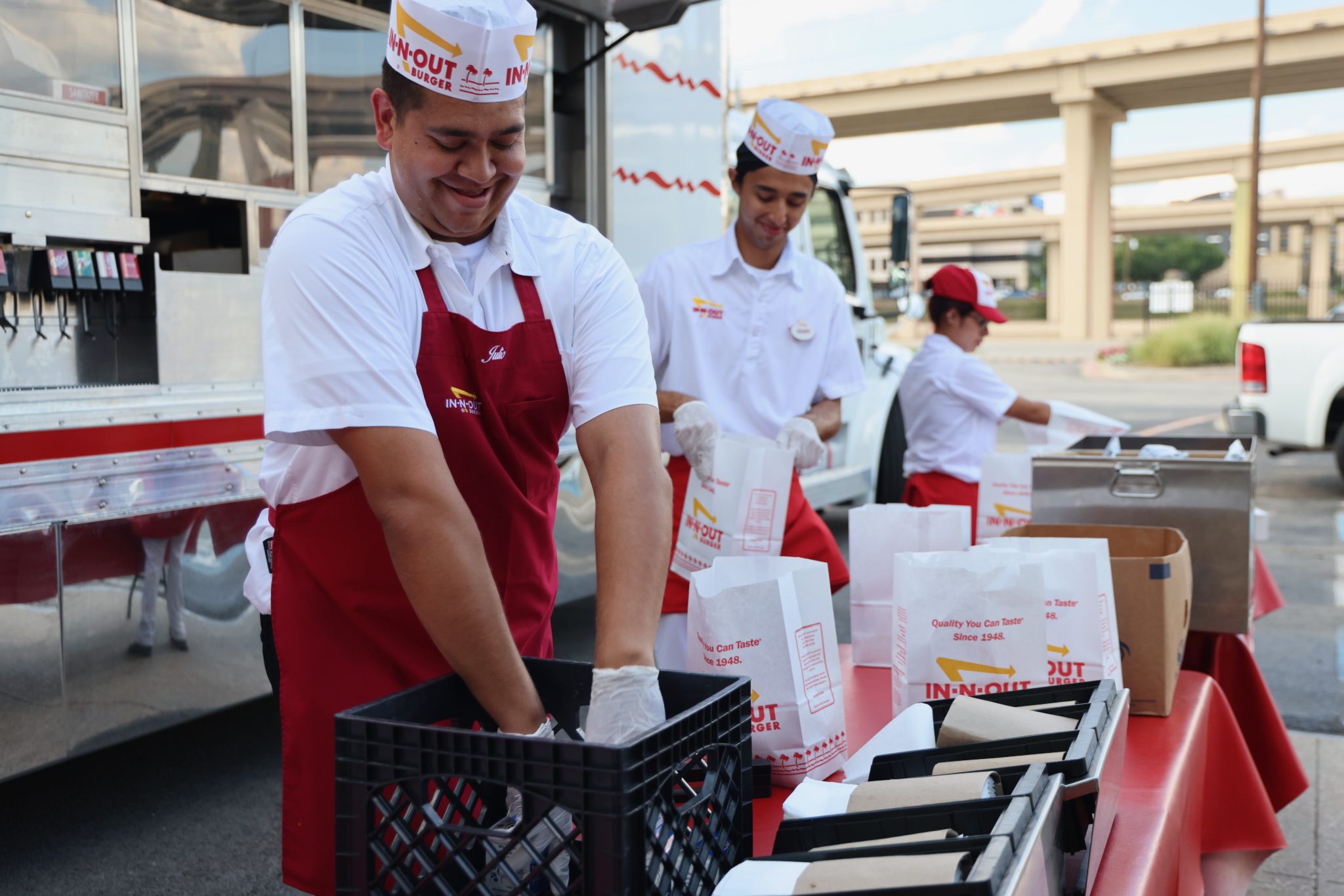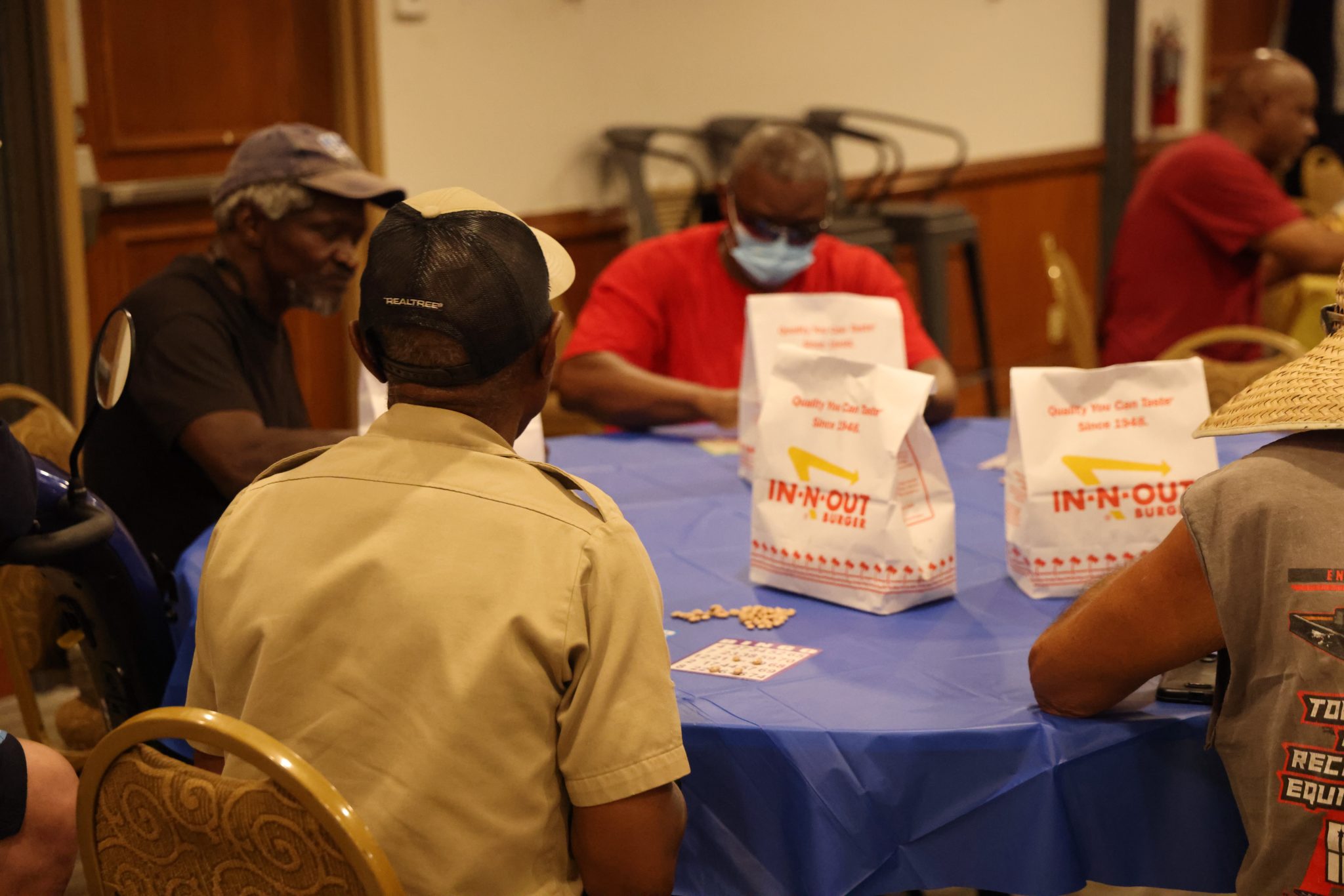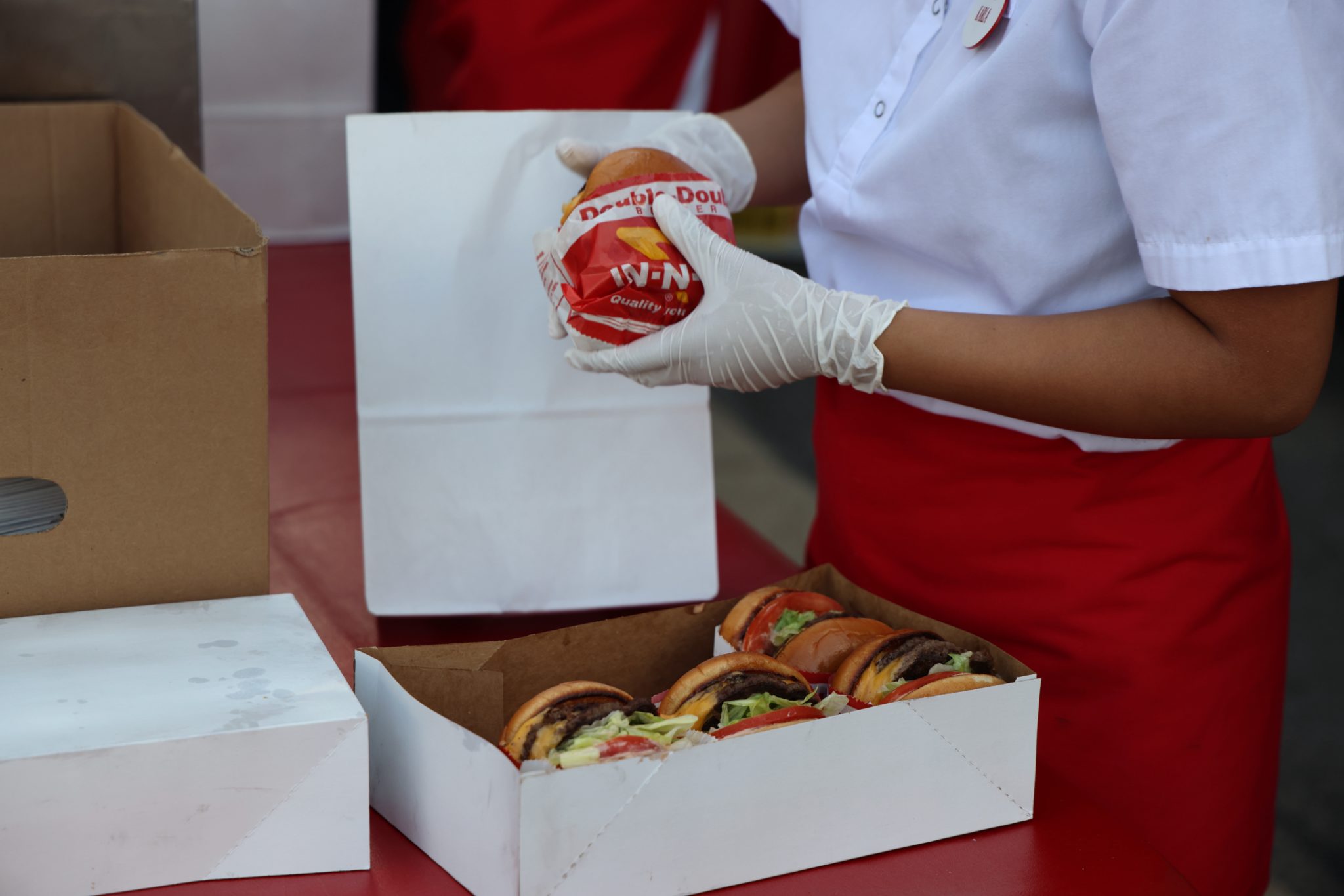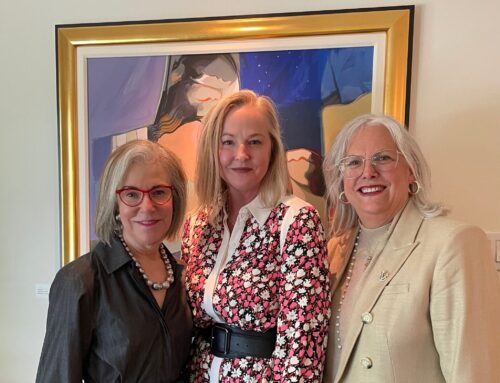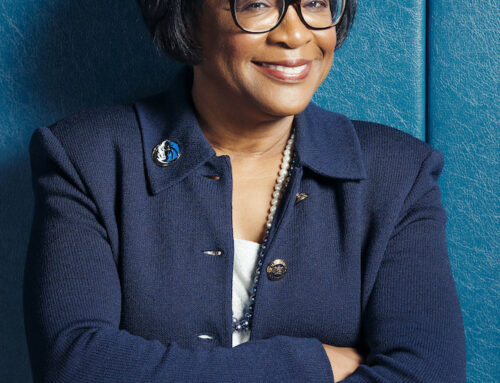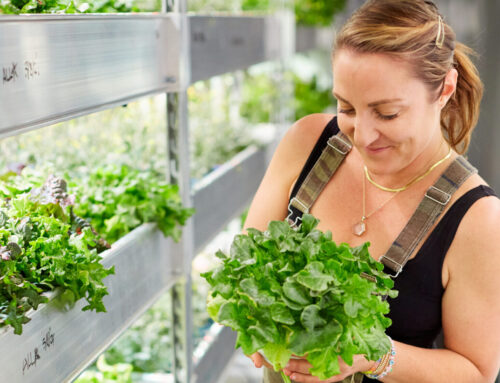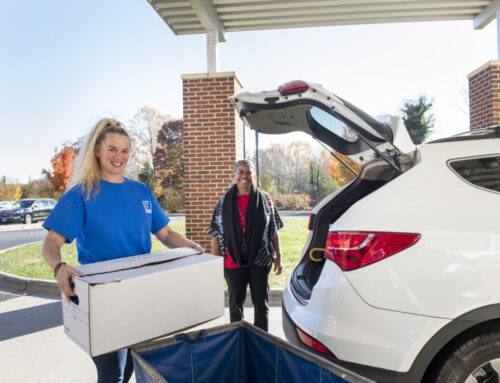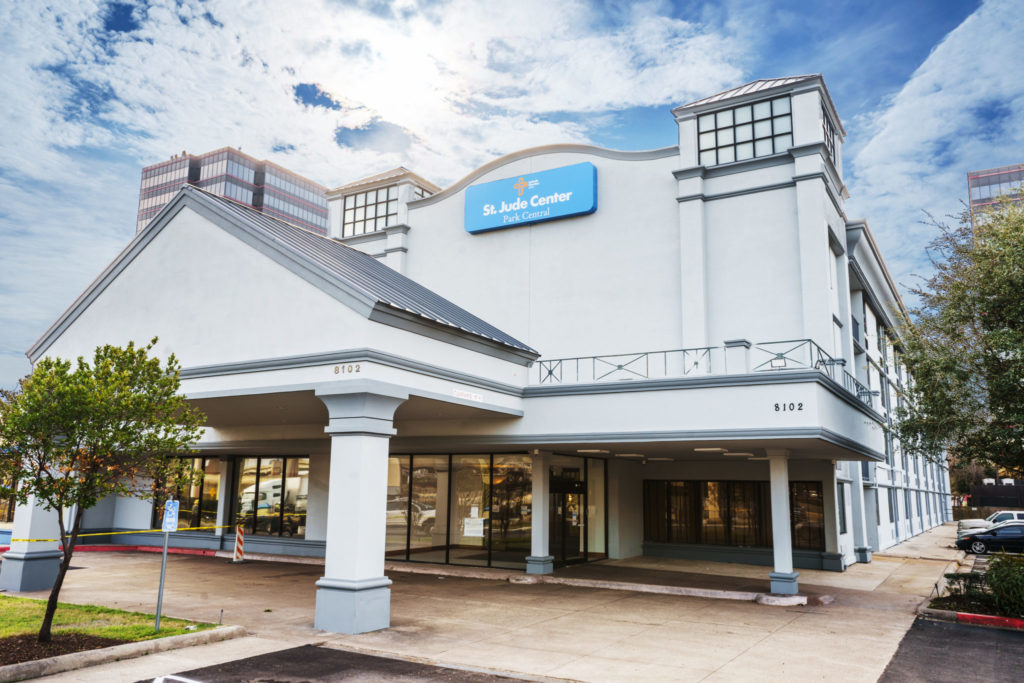
THOUSANDS OF PEOPLE experience homelessness in the City of Dallas, many of whom are disabled or elderly. Catholic Charities of Dallas and the Catholic Housing Initiative aim to aid as many of them as possible with St. Jude Center, which provides supportive housing for over 300 people across two campuses in our neighborhood.
St. Jude Center Forest Lane provides housing for over 100 formerly homeless people. Services including case management, vocational training, job placement and community activities are also provided. The building is zoned for senior-citizen housing, and the campus serves chronically homeless individuals over the age of 55, many of whom are disabled.
Since its opening in 2018, residents have built community and relationships through activities, such as monthly cookouts and bingo sponsored by a local church. For many elderly residents, St. Jude Center will be their las t home. About 94% of residents never return to the streets. Either they remain at the center, relocate to other independent housing or move in with relatives.
This is not achieved by Catholic Charities alone.
CitySquare, Metrocare and Veterans Affairs Supportive Housing offer onsite case management, along with Catholic Charities. Assurance Wireless provides free phones. The Dallas Public Library offers movies, book clubs, computer classes and tax prep to those at the Forest location. Stylists provide haircuts. Bread Ministry delivers leftover breads and pastries. Integrated Psychotherapeutic Services provides onsite therapy.
Residents pay a portion of their rent based on income, whether from jobs or Social Security. Besides rental income, St. Jude Centers obtain funding from Catholic Charities, local churches, the City of Dallas and private donors who subsidize vouchers for each tenant.
To serve those under 55, the St. Jude Center opened a Park Central location last year. The multi-phased homelessness and housing project serves at-risk populations by providing temporary emergency shelter, intensive case management, three meals daily and crisis assistance.
Survival is not the only priority for residents of the center. St. Jude Center calendars are filled with social events, fitness classes, Bible studies, table talks and birthday par ties. Of ten, the residents bond like a family.
“For those that pass away, we have a funeral home that donates their services,” says Jari Mema, St. Jude’s chief services officer. “Although we make every effort to get in touch with relatives, some of them don’t have relatives, and the family became their community and friends around here.”
Neighbors can volunteer to participate in community activities, get involved in other organizations that benefit the center, sponsor vouchers for residents or even just learn more about homelessness in our area to help St. Jude Centers.
“Take a different route when you go home. Drive around Downtown Dallas at noon and see the impact of the folks living on the streets,” Mema says. “COVID has caused more people to lose jobs and more people to be evicted because they cannot afford rent.”
Stigma surrounding homelessness comes from misconceptions, Mema says.
“It’s rare that I’ve run into a homeless person that was lazy or didn’t want to be housed,” Mema says. “Most of them have ended up on the streets because they lost their job. Their marriage broke up. They’ve lost contact with friends, family and relatives and don’t have a support system. Or they lost their home and lost their job after because they couldn’t get to work on time, couldn’t shower and it jus t snowballs and they end up on the street.”


